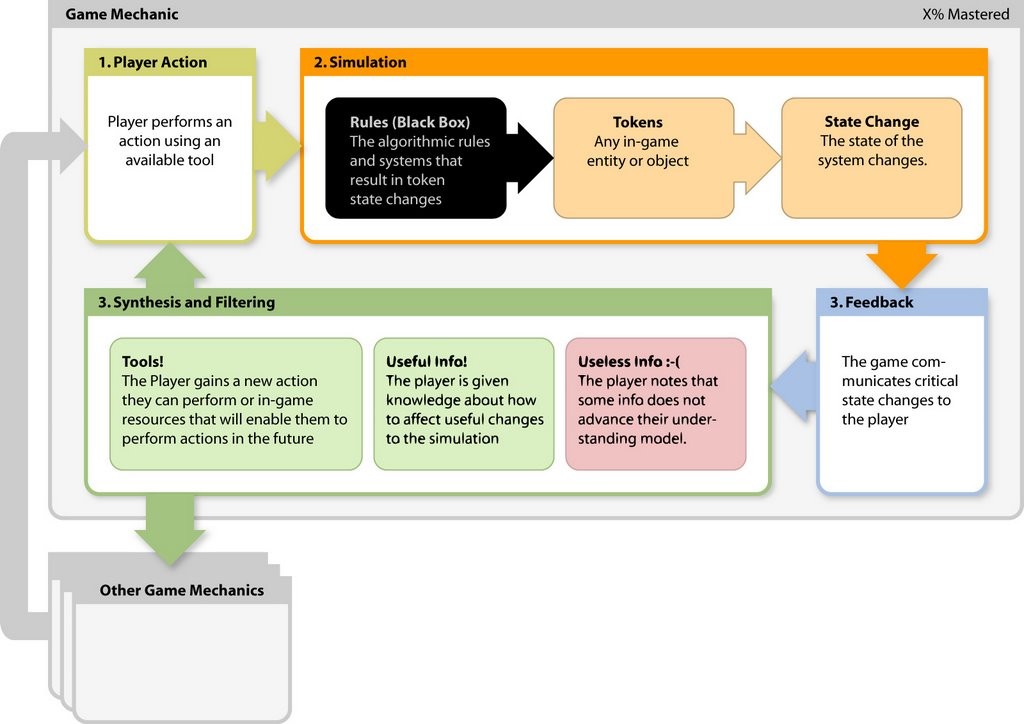That occurrence within the world that is Facebook seems to be for some emotionally devastating. Yet, the system seems to be capturing ever more and more suckers turned ‘players’ in an activity that does not provide any real world feedback nor affect real life.
Facebook and alike have provided a platform where ultimately legions of people will unscrupulously partake in an activity that renders them prey to an allure of apparent grandeur – where one shares usually atypical happy things and seeming exclusive happy times and experiences.
A classic display of ego manipulation, the system encourages the users thus so by displaying a sort of ‘leader board’ – as one may be familiar with classic arcade games – in order to drive further interaction with it. It is due to this ongoing process of ‘gamification‘ by web companies that Social Media have become a global phenomena.
I call them ‘players’, me included, due to the innate characteristics of what we today call Social Media; a web of engagement statistics and positive feedback loops, it can render one to obsessively check their Facebook news feed by the hour or less. Although there is no formal leader board, it doesn’t take long to figure out what sort of picture post or status update might get you the most ‘Likes’, which are, in turn, publicly available amongst your Friends. Gamification is built into the system itself.
The draw of this is most apparent in video game addicts. Do you know someone who is obsessed with improving their XBOX Gamer Score or getting enough XP to level up their character in WoW (that’s World of Warcraft for you n00bs)? Do you know a Facebook addict that is consumed with seemingly mindless apps like Farmville or Mafia Wars? Why do they care so much about something that has little to no effect on their real life? Because their stats are constantly shared with themselves and their peers and it becomes a status symbol or competition of sorts. It also taps into the OCD in us all – a desire to make progress and accomplish things.
However, this isn’t just limited to gamers. Take marketers, like myself. Too much of my time is consumed with checking email because I hate to have things on my to do list or unread email messages. I also spend a lot of time on Google Reader making sure to keep up with my RSS feeds and to make sure I continue to share and read shared items with my peers. Actually, when I think about it, much of my online life is trying to suck me in even further with engagement stats and feedback loops: Twitter followers, RTs, DMs, @ replies and lists; Facebook friends; Netflix Queue lists and rated movie counts; and Foursquare check-ins…
To explain the concept of feedback loops, we might need to brush up upon our game theory knowledge with this little illustration:
As part of this, users encourage other users to increase their own engagement statistics and push up their numbers of likes, followers and re-tweets. Nothing, however, is actually being accomplished, it is just a feeling of accomplishment. No actual tangible benefits exists. After all, what is the value of a fan page ‘Like’? (PDF) It is just a system that has been developed to gain market share and push direct advertising – that’s heaven for corporations.
There’s no wonder corporations are so excited about turning the world into a game. One of the movement’s central insights is that a sense of accomplishment sometimes feels more meaningful than a paycheck—think about how eager FarmVille players are to rack up currency, or the success of Foursquare in encouraging people to go back to restaurants to receive virtual badges and titles. At a Google Tech Talk last year, Zichermann gushed about the low-cost opportunities this creates for business. He was particularly excited by Zynga’s collaboration with 7-Eleven, a deal in which people could buy FarmVille credits along with a Slurpee. FarmVille credits didn’t get you the Slurpee, Zichermann explained excitedly. Rather, customers paid real dollars for the virtual currency. “It’s all money in and no money out!” he cried.
In a gamified world, corporations don’t have to reward us for our business by offering better service or lower prices. Rather, they can just set up a game structure that makes us feel as if we’re being rewarded. McGonigal goes even further. She talks about an “engagement economy … that works by motivating and rewarding participants with intrinsic rewards, and not more lucrative compensation.” This economy doesn’t rely on cash—rather, it pays participants with points, peer recognition, and their names on leader boards. It’s hard to tell if this is fairy-tale thinking or an evil plot.
Then again, if you were to argue that life is also a game. I would have to keenly agree.

